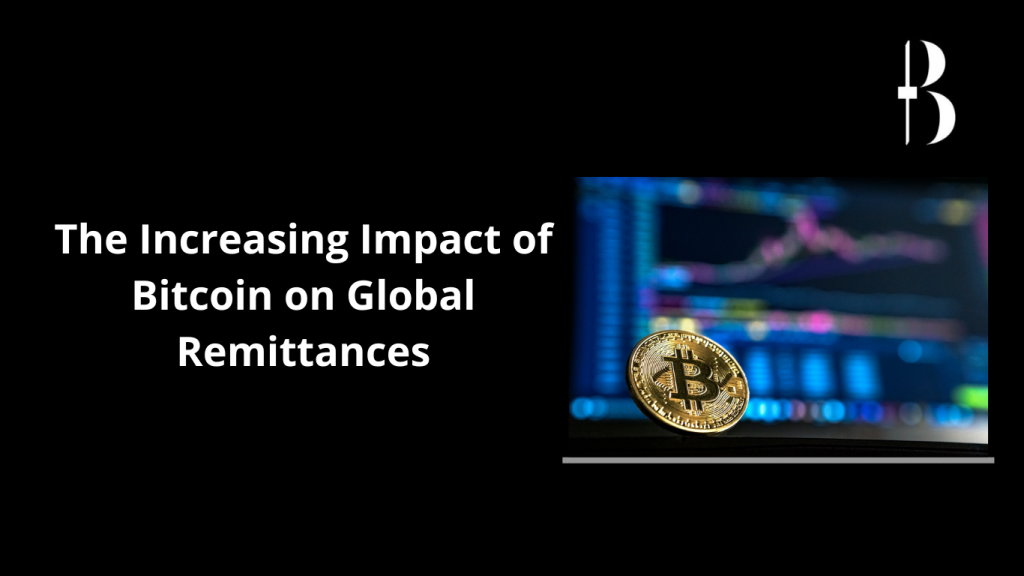Remittances from abroad are a vital source of income that keeps migrant workers in touch with their loved ones and communities back home. Global remittances increased by 8.2% over the prior year in 2022 to a record $689 billion.
International remittances can be a crucial source of financial assistance for low-income households. They can be employed to pay for necessities like food, housing, and education. They may also help their native nations’ economies develop.
International remittances can, however, also be expensive and cumbersome. Processing times might be several days or even weeks, and commission fees can be as high as 10% of the amount of the transaction.
The largest cryptocurrency in the world, Bitcoin, has the power to completely alter the global remittance industry. Since Bitcoin is a peer-to-peer payment system, there is no need for a middleman to facilitate transactions between two parties. Remittances abroad are now more affordable and swifter as a result.
Bitcoin’s Advantages for International Remittances
For overseas payments, Bitcoin has several advantages, including:
- Cost savings: Compared to conventional remittance systems, the fees for sending money abroad via bitcoin can be much lower. For instance, some Bitcoin-based remittance providers only charge a 1% fee or less, in contrast to Western Union, which levies a 5% fee for international transfers.
- Speed: Unlike typical international remittance transactions, which can take days or even weeks to complete, bitcoin transactions can be completed in just a few minutes.
- Transparency: Bitcoin transactions can help lower the risk of fraud and abuse because they are public and traceable.
- Accessibility: Because Bitcoin is a decentralized technology, it is usable everywhere in the world, regardless of the local political or economic climate.
The Use of Bitcoin in International Transfers
The use of Bitcoin for international money transfers is expanding. International Bitcoin remittances totaled $2 billion in 2022, a 100% increase from the previous year.
The use of Bitcoin for overseas remittances is being influenced by a number of variables, including:
The rise of cryptocurrencies: consumers and investors are becoming more and more interested in Bitcoin. Due to this, demand for Bitcoin-based services and goods—including international remittances—is rising.
The cost of fees is going down as Bitcoin-based remittance platforms become more competitive.
upgrading the infrastructure International Bitcoin remittance infrastructure is developing. This makes it simpler for senders and recipients to send and receive remittances using Bitcoin.
The Potential of Bitcoin for Global Remittances
The market for international remittances could be completely transformed by bitcoin. International transfers using bitcoin are less expensive, quicker, and more transparent than transfers using other payment methods.
Bitcoin international transfers are anticipated to become much more common as Bitcoin use keeps growing. By offering a more effective and economical means to transmit money to relatives and friends abroad, this may have a big impact on the global economy.
Conclusions
For overseas payments, Bitcoin has several advantages, including:
- Cost savings: Compared to conventional remittance systems, the fees for sending money abroad via bitcoin can be much lower.
- Speed: Unlike typical international remittance transactions, which can take days or even weeks to complete, bitcoin transactions can be completed in just a few minutes.
- Transparency: Bitcoin transactions can help lower the risk of fraud and abuse because they are public and traceable.
- Accessibility: Because Bitcoin is a decentralized technology, it is usable everywhere in the world, regardless of the local political or economic climate.
Bitcoin is becoming more widely used for international money transfers, and this trend is likely to continue.

